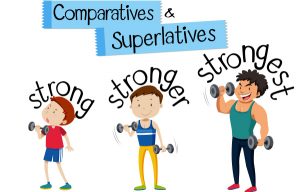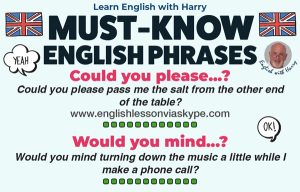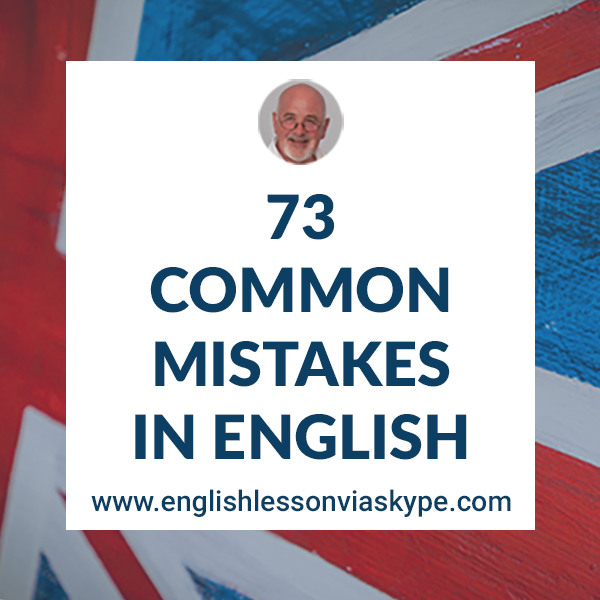In this lesson, you will learn when to use already, still and yet and other time words in English.
We will talk about what is the difference between STILL and YET.
We will review in detail the difference between FOR and SINCE which confuse many many ESL students.
Harry
When to use Already, Still and Yet - Time Words in English
Hi there and welcome back to Harry’s English lessons.
And if you haven’t already subscribed to Learn English with Harry YouTube channel, just press the subscribe button.
Today, I’m going to talk to you about time words. These are English expressions that we use about time.
So I go through each of them and then I’ll give you some examples and hopefully you’ll be able to understand exactly what they mean because I know they cause some people a few problems.
1️⃣ So the first one we have is AGO.
Ago is referring to back in time in the past. It’s all about back. So here we’re using the simple past in terms of verb tense.
When we talk about ago, we can say something like two weeks ago. So it’s back in time. You’re travelling back in time, like Dr Who.
So here’s an example. You meet your friend and you’re walking down the street and you’re asking them about some other friend Jane. He says:
Oh yes, Jane, she moved to Canada two weeks ago.
So he’s talking about two weeks that from the time that you met him two weeks ago.
Intermediate to Advanced English Marathon

INSANITY: doing the same thing over and over again and expecting different results.
Albert Einstein
- What you'll learn:
- better understanding of more complex grammar structures
- advanced English vocabulary words
- British & American slang
- perfect your listening skills through practing different accents
- This marathon is for you if you're:
- stuck at an intermediate English level
- tired of confusing explanations
- a mature student
- shy & introverted
2️⃣ The next time word I want to use is BEFORE
In our first example, when we’re using ago, we said when we spoke to Paul that Jane had moved to Canada two weeks ago.
So when you met him two weeks ago, when we use before we can use the same example:
The last time I met Paul, he had told me that Jane had moved to Canada two weeks before.
Two weeks before the date you last met Paul. So before is talking about again about history.
But we can also use before with the simple present and the simple past. Let me give you two examples.
I will leave before he comes.
Meaning I will leave the office, I will leave the meeting, I will leave home before he comes. Simple present. Okay.
Or the simple past.
He completed or did or finished his homework before he had dinner.
When to use Already, Still and Yet - Time Words in English
3️⃣ The next time word I want to use is SINCE
So this again can be a little bit confusing, but we use since with the perfect tenses present, perfect or past perfect depending on the circumstances.
So let me give you a good understanding of how we use it.
So let’s say I have been living in this particular house for 19 years. So that means today is 2019. 19 years ago when I moved in would have been the year 2000. So when I use the word since it takes me back to the past, brings me up to the present and tells me that I’ve been living here since a particular date or year.
book your trial English Lesson
4️⃣ The next time word that I have for you is FOR
Now, SINCE and FOR always get confused.
When we're using FOR, we're talking about duration, a period of time.
So let’s go back to my example about the house here.
Living here since the year 2000 started in the past. – It brings me up to the present.
I can say it in the exact same way by saying:
I have been living here for 19 years, for 19 years. – The duration of 19 years.
Again, it started in the past. It brings me up to the present. I have been living here for a period of 19 years.
How to Use Time Words in English

Share and help other students to improve English language skills.
5️⃣ And the next time word that I want to use is ALREADY
And here again, we use already with the perfect tenses.
It either comes in the middle of the sentence or at the end of the sentence and it tells you something that has already happened.
She had already left the party before he arrived.
– Did you post that letter for me?
– Yes, I’ve posted already. I have posted it already.
Here we use the present perfect. I have plus the past participle posted. I have posted it already and here we have already at the end of the sentence.
So you can have it in the middle. You can have it at the end, you can use it with the past perfect. And you can use it with the present perfect.
When to use Already, Still and Yet - Time Words in English
6️⃣ And the next time word then is YET
And this one is a bit different so be careful.
We only use YET with negative statements and questions
And it’s always about something that hasn’t been completed. It isn’t finished.
So you’re asking a question about whether something has done as has been done or you’re asking us making a stable as something in the negative.
Has he finished his dinner yet?
Present perfect.
And then if you want to put it into a negative statement:
He hasn’t called me yet. He hasn’t called me yet. I’m getting very worried.
So again, up to the time that you’re talking to the person, you haven’t received a phone call, so it isn’t complete that as an action that hasn’t finished. It’s a negative statement.
When to use Already, Still and Yet - Time Words in English
7️⃣ And then one I have for you is STILL
This is the last time word.
We use STILL in positive statements or we use it in questions. It comes after the auxiliary verb and before the main verb.
For example:
Are you still playing tennis? Yes. I am still playing tennis.
Okay, so we’ve looked at ago, before, since, four, yet and still.
So hopefully you’ve got a good understanding of how to use them.
And if you want to contact us, of course, you can subscribe to our channel and join me on www.englishlessonviaskype.com and subscribe, as I said, and we’ll see you soon.
improve english on a budget
Online English Courses from €7.99
More Information
For more information on English collocations, English idioms and tips for improving your English, click on the links below:
20 English collocations with BREAK
You will love these English lessons

16 Phrasal Verbs with OUT
In this post you will learn 16 phrasal verbs with out. Phrasal verbs change the verb’s meaning based on the


Comparatives and Superlatives in English
In this post you will learn everything you need to know about comparatives and superlatives in English. It also includes


How To Ask For Something Politely In English
How to ask for something politely in English? Boost your English skills by learning how to make polite requests just


